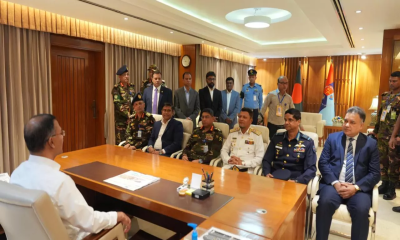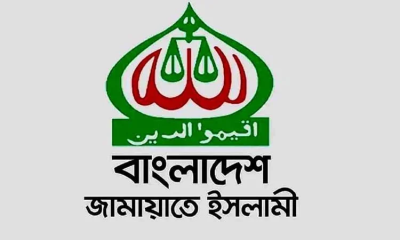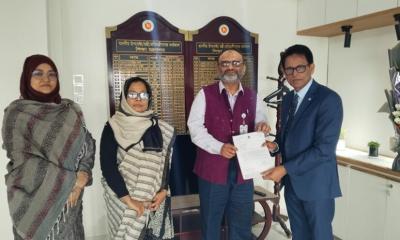The League of Arab States today called Israel`s occupation of Palestinian territories an "affront to international justice", saying failure to end it amounted to "genocide".
The International Court of Justice entered its last day of week-long hearings after a request from the United Nations, with an unprecedented 52 countries giving their views on Israel`s occupation.
"This prolonged occupation is an affront to international justice," the 22 Arab-country bloc`s representative told judges in The Hague.
"The failure to bring it to an end has led to the current horrors perpetrated against the Palestinian people, amounting to genocide," Abdel Hakim El-Rifai said, reading a written statement.
The statement came after Israel today said its army had readied a plan to evacuate Gazans ahead of a feared invasion of far-southern Rafah, which the UN chief warned would "put the final nail in the coffin" of aid operations.
UN Secretary-General Antonio Guterres said that Rafah -- where 1.4 million Palestinians live in crowded shelters near the Egyptian border -- is also "the core of the humanitarian aid operation" in the besieged Gaza Strip.
In another shock impact of the almost five-month-old war, Palestinian prime minister Mohammad Shtayyeh in the occupied West Bank handed in his government`s resignation to the head of the Palestinian Authority, president Mahmud Abbas.
Heavy fighting raged on in Gaza, where Israeli forces launched strikes and ground operations, killing 92 people overnight according to the Hamas-ruled territory`s health ministry.
Since October7, Israel`s military campaign has killed at least 29,782 people in Gaza, mostly women and children, according to the ministry.
In The Hague, most speakers during the hearings have demanded that Israel end its occupation, which came after a six-day Arab-Israeli war in 1967.
But last week the United States said Israel should not be legally obliged to withdraw without taking its "very real security needs" into account.
Speakers today warned a prolonged occupation posed an "extreme danger" to stability in the Middle East and beyond.
"If left unchecked, it runs the risk of not only threatening regional, but also global peace and security," Turkey`s representative Ahmet Yildiz said.
Zambia`s representative however told judges that both sides had a duty to negotiate a peaceful settlement.
"Both Israel and Palestine have a duty to respect international human rights law and international humanitarian law," Marshal Mubambe Muchende said.
He said any settlement of the conflict should not be "one that puts the blame squarely on one party, but rather one that advances a negotiated solution which culminates in a two-state solution".
The UN has asked the ICJ to hand down an "advisory opinion" on the "legal consequences arising from the policies and practices of Israel in the Occupied Palestinian Territory, including East Jerusalem".
The court will probably deliver its opinion before the end of the year but it is not binding on anyone.
Israel is not taking part in the oral hearings. It submitted a written contribution, in which it described the questions the court had been asked as "prejudicial" and "tendentious".
The hearings began a week ago with three hours of testimony from Palestinian officials, who accused the Israeli occupiers of running a system of "colonialism and apartheid".
The case before the court is separate from one brought by South Africa against Israel for alleged genocide during its current offensive in Gaza.
In that case, the ICJ ruled that Israel should do everything in its power to prevent genocidal acts in Gaza and allow in humanitarian aid.




-20260223082704.webp)



-20260220065859.jpeg)
-20260219110716.webp)
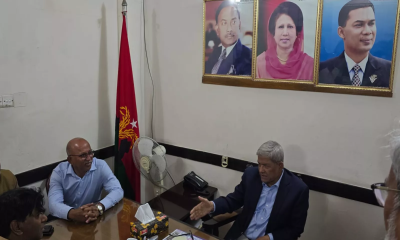
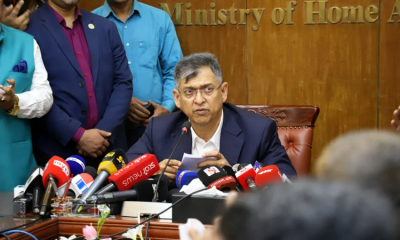
-20260223074941.jpeg)
-20260223062301.jpg)
